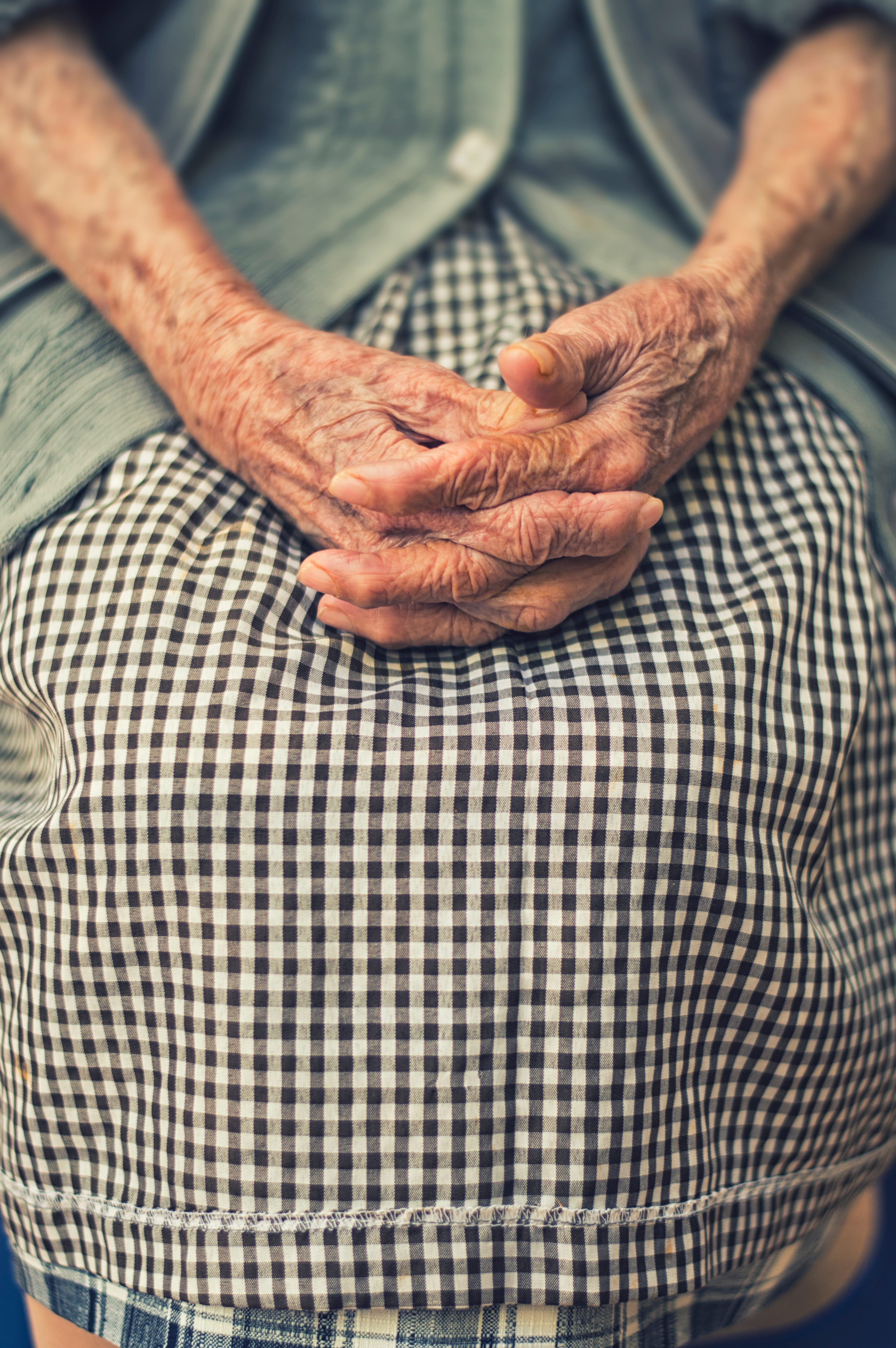Know how to communicate concerns with nursing home management and which authorities to contact if the issues are not resolved.
In order to properly investigate a suspicion of nursing home abuse, you need to gather evidence to support your claims and report your suspicions to the proper authorities. A nursing home abuse lawyer can assist you with knowing what to look for and can also help you acquire a history of evaluations (called surveys) to determine if there is a pattern of abusive or neglectful situations in the nursing home’s history. The Illinois Department on Aging website provides a list of contacts to whom you can report suspected nursing home abuse.
Why is Abuse in Nursing Homes so Common?
Unfortunately, the most vulnerable are also the most prone to abuse. Even with laws enacted on the federal and state levels, there is a severe lack of oversight to ensure that nursing homes are providing the appropriate care to their residents. That, coupled with a lack of resources, leads to understaffed nursing homes and underpaid staff. This leads to high turnover rates and burnout among the staff, which only increases the chances that residents may suffer from abuse or neglect. This is not necessarily a result of malice on the caregivers’ parts but can also be a result of burnout. An overextended caregiver is more likely to miss warning signs of a change in residents’ health or have less patience in stressful situations.
Forms of Abuse
Nursing home residents can be abused in a number of different ways, so it is important to determine what type of abuse is occurring. Signs of neglect include poor hygiene, malnourishment, soiled bedding, and unnoticed medical conditions. Physical abuse can result in unexplained injuries, bruises, or falls, while unexplained STDs or genital infections may indicate sexual abuse. Unexplained fluctuations in a resident’s bank account, missing personal effects, or unexplained medical bills may be signs of financial exploitation. Psychological abuse is harder to detect because it doesn’t have physical signs. Take note if your loved one suddenly lacks interest in previously enjoyed activities or if their personality changes unexpectedly.

What Protections Exist for Nursing Home Residents?
Both the Federal Nursing Home Reform Act of 1987 and the Illinois Nursing Home Act of 2011 were passed as a result of widespread reports of abuse and neglect in nursing homes. These laws established a minimum standard of care based on residents’ individual needs, including appropriate access to medical and personal care, and a minimum educational or skill standard, which must be met by nursing and personal care staff. The Illinois Nursing Home Act further guaranteed basic rights for nursing home residents, including the right to communication and visitations, financial rights, property rights, and rights regarding roommates, electronic monitoring, and privacy.
How Can I Protect My Loved Ones?
The best way to protect your loved ones is to be aware of their rights as nursing home residents, your rights as their advocate, and to familiarize yourself with the signs of potential neglect or abuse. Know how to communicate concerns with nursing home management and which authorities to contact if the issues are not resolved. If you or a loved one has been injured due to neglect or abuse, notify the Illinois Department of Public Health’s Nursing Home Complaint Hotline at 1-800-252-4343 and then call the Rooth Law Firm today.


Join the conversation!